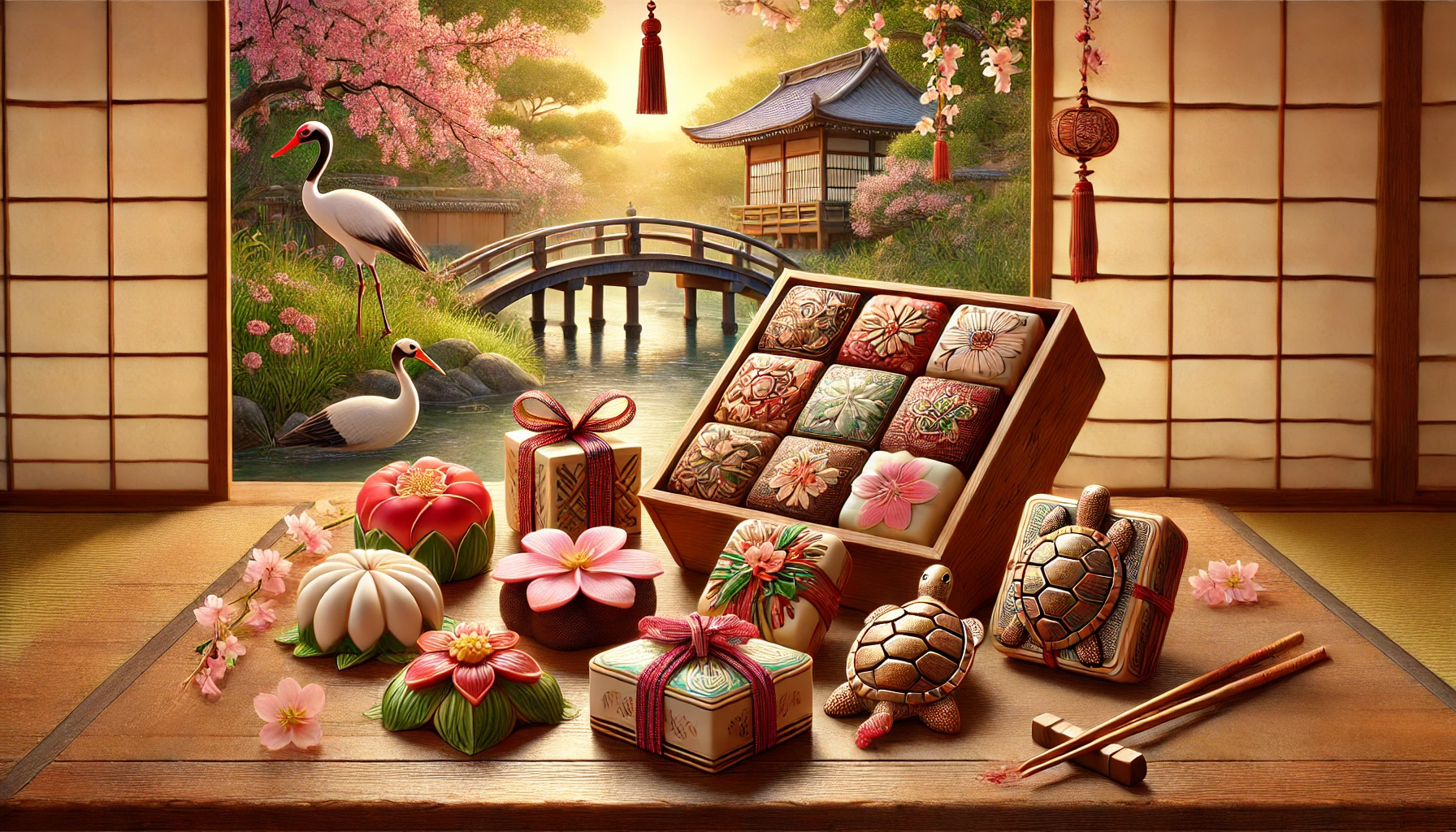
In many cultures, traditional Japanese sweets known as Kanuma are given as gifts during special occasions like New Year’s (Oshogatsu) and Children’s Day (Kodomo no Hi). These sweet treats are not only a delightful indulgence but also carry significant meaning and symbolism. One of the most cherished aspects of Kanuma is the tradition of making wishes for them.
The Significance of Wishes on Kanuma
In Japan, Kanuma is often exchanged as a symbol of good fortune, prosperity, and happiness. The tradition of making wishes on Kanuma dates back to ancient times when people believed that the sweets possessed spiritual powers. According to legend, the wishes made on Kanuma were believed to be carried to the gods, who would then grant them.
How to Make Wishes on Kanuma
The tradition of making wishes on Kanuma is simple yet meaningful. Here’s a step-by-step guide:
- Choose a Kanuma: Select a sweet treat that you like the most. The shape and design of the Kanuma are believed to influence the type of wish you make.
- Make a Wish: Close your eyes and think of a wish you’d like to make. It could be for good health, success, happiness, or anything else that’s meaningful to you.
- Tie a Ribbon: Tie a ribbon around the Kanuma, making a knot as you do so. This knot is believed to seal your wish and make it more powerful.
- Eat the Kanuma: Eat the Kanuma while thinking of your wish. As you do so, focus on the sweetness and the joy it brings you.
The Importance of Wishes on Kanuma
The tradition of making wishes on Kanuma serves several purposes:
- Encourages Positive Thinking: Making wishes on Kanuma encourages people to think positively and focus on the good things in life.
- Fosters Gratitude: The act of making wishes on Kanuma helps people appreciate the good things they already have in their lives.
- Promotes Good Fortune: The tradition of making wishes on Kanuma is believed to attract good fortune and prosperity.
In conclusion, making wishes on Kanuma is a timeless tradition that offers numerous benefits. By following this simple yet meaningful ritual, people can cultivate positive thinking, foster gratitude, and attract good fortune. Whether you’re celebrating a special occasion or simply want to make a wish, Kanuma is a delightful way to do so.




